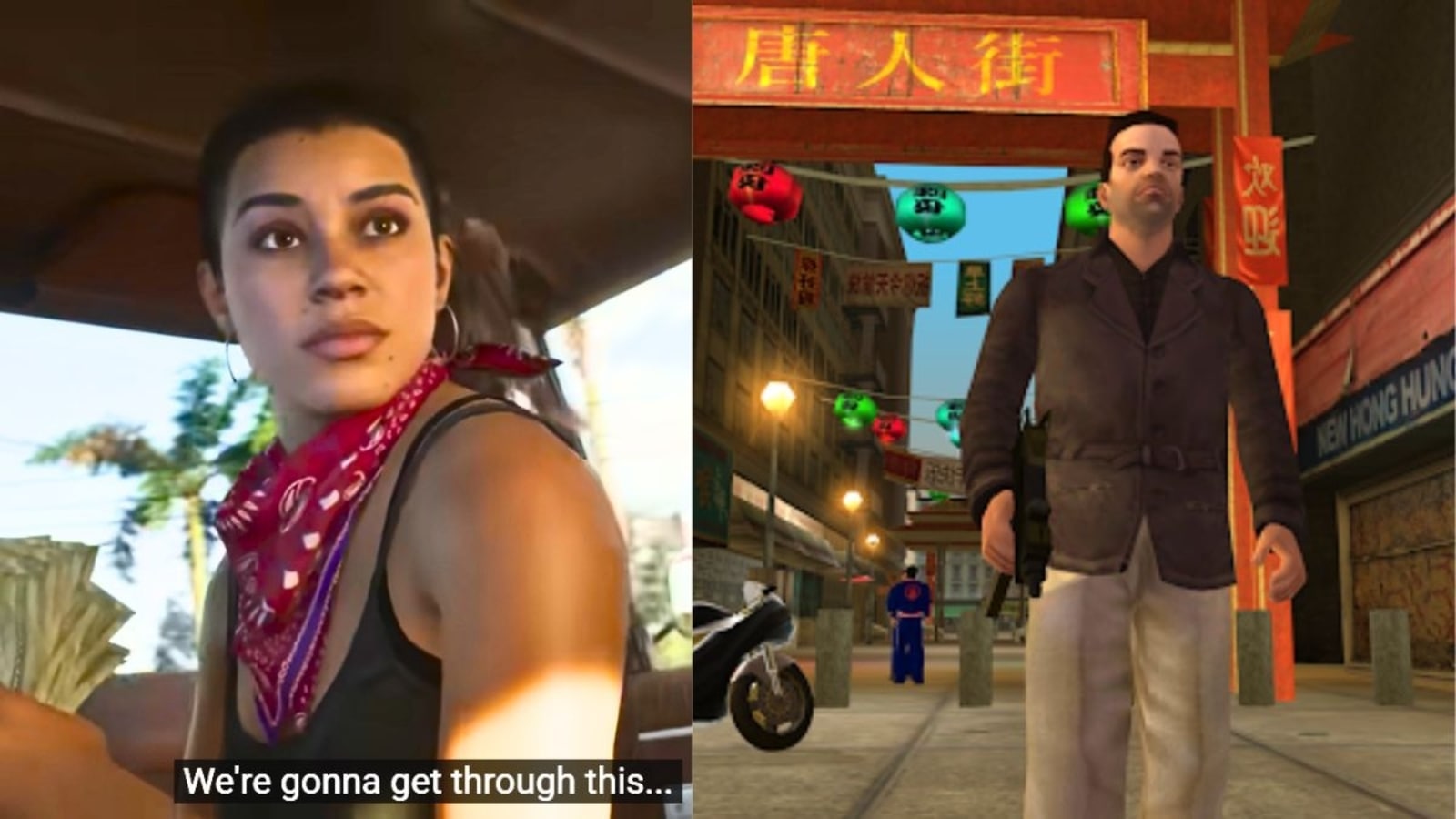BEIJING — President Emmanuel Macron of France and Xi Jinping, China’s top leader, appealed on Thursday for a rapid return to peace talks to end the war in Ukraine, but Mr. Xi did not indicate whether he would use his close relationship with Moscow to push Russia to negotiate.
Greeted with great pomp at the flag-bedecked Great Hall of the People, Mr. Macron told Mr. Xi that he was counting on him “to bring Russia back to reason and everyone back to the negotiating table” on Ukraine.
Mr. Xi, addressing journalists later, went some way toward responding positively. He said that “together with France, we appeal for restraint and reason” in the conflict, adding that China was seeking “a quick return to peace negotiations in the quest for a political settlement, and the building of a European architecture that is balanced and lasting.”
The Chinese leader, flanked by Mr. Macron, said that China “appeals for the protection of civilians. Nuclear weapons must not be used, and nuclear war must be avoided.”
His statement, in its strong rejection of nuclear war and in its appeal that the civilians who have been a frequent Russian target not be attacked, marked some implicit distance from President Vladimir V. Putin of Russia. But it left unclear whether Mr. Xi might put any pressure on Mr. Putin to negotiate, as Mr. Macron requested, or whether Mr. Xi would speak to President Volodymyr Zelensky of Ukraine, who said last month that China could be a “partner” in the quest for peace.
Mr. Xi last month traveled to Moscow for a warm state visit with Mr. Putin, but he has not spoken directly to the Ukrainian president since Russia’s full-scale invasion more than a year ago.
Neither leader on Thursday took questions from journalists.
There have been no known peace talks between Moscow and Kyiv since last April, weeks after Russia’s invasion, and both sides have publicly expressed negotiating positions that are anathema to the other. Mr. Putin has demanded that Ukraine recognize territories annexed by Moscow as part of Russia. Mr. Zelensky has said Russia must surrender all captured Ukrainian land and pay reparations for what could be hundreds of billions in war damages.
But an adviser to Mr. Zelensky said that if Ukrainian forces recapture enough occupied land in the south of the country to reach the border of Crimea, which Russia illegally annexed in 2014, Kyiv would be willing to discuss the status of that peninsula with Moscow. The comments by Andriy Sybiha, the deputy head of Mr. Zelensky’s office, published on Wednesday in The Financial Times appeared to be a signal of Ukraine’s openness to talks over land it has long said it intends to reclaim.
Mr. Macron’s opening statement, at his first meeting with Mr. Xi, amounted to a direct appeal to China to use its influence in Moscow to bring about what he called “a durable peace that respects internationally recognized borders and avoids all forms of escalation” in the 13-month-old war.
China has described its “no-limits” friendship with Russia as ushering in a “new era” that puts an end to what the two countries see as American dominance. It was not immediately clear how this stance, implicitly anti-Western, might be compatible with Mr. Macron’s request to China that it intervene to end the war started by Mr. Putin, and ultimately restore “internationally recognized borders.”
But it appeared on Thursday that China had embarked on a major charm offensive toward France, and to some degree the European Union in general, ultimately aimed at driving a wedge between the United States and its European allies.
Every detail of the elaborate reception offered by Mr. Xi to Mr. Macron — the marching bands, the 21-gun salute, the review of troops, the long walk side by side on a red carpet leading into the vast building at the western edge of Tiananmen Square — seemed intended to flatter a French leader determined, in his words, to build “a strategic and global partnership with China.”
Mr. Xi will spend at least six hours with Mr. Macron in Beijing and Guangzhou on Friday, treatment described by Western diplomats as exceptional and a clear statement of conciliatory intent.
Europe’s hard-hit economy needs the Chinese market, and Europe provides major economic opportunities to China that are not readily available in Russia.
“China considers Europe to be an independent pole in a multipolar world,” Mr. Xi said.
It was an explicit sign that he does not view America’s alliance with Europe, and the deep trans-Atlantic bond whose strongest expression is NATO, as defining features of the continent in a 21st century that China seeks to shape.

























